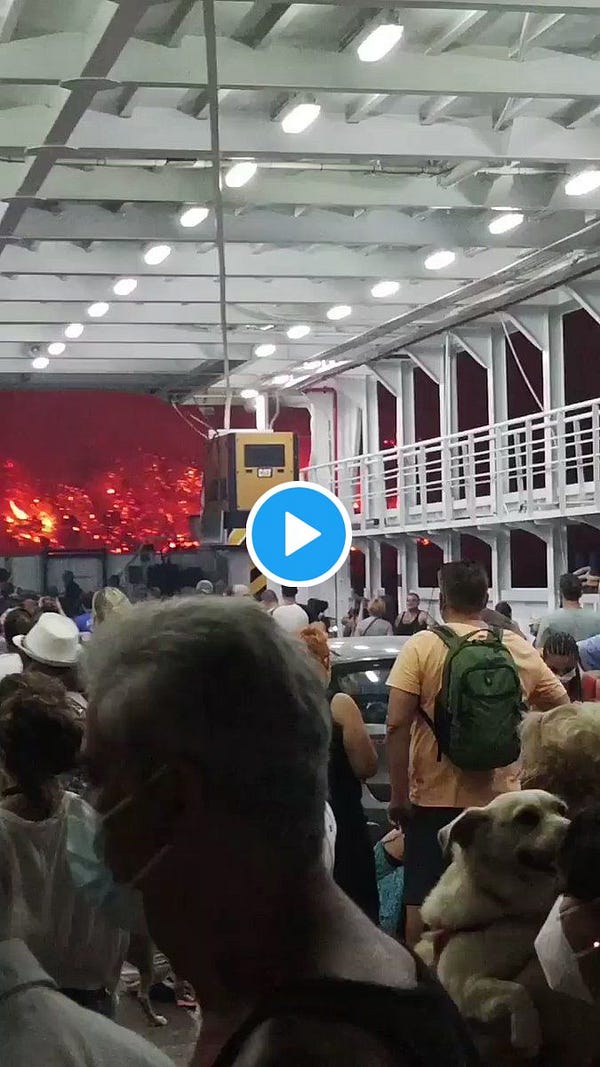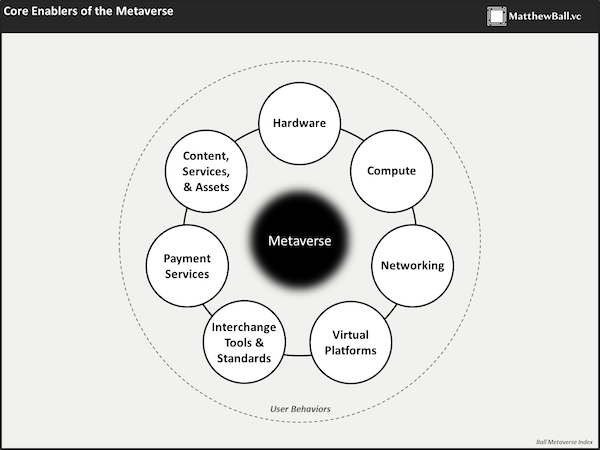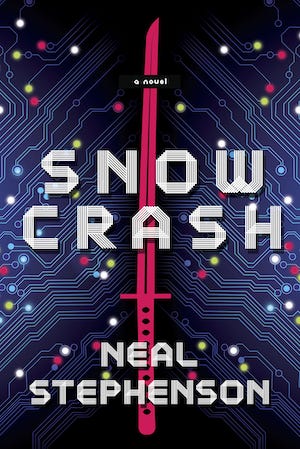Welcome to our weekend edition, a combination of the world, profiles, and good reads that you might not see during the week.
Subscriber benefit (today, 3 pm ET): What Happens Next, an extraordinary, invitation-only weekly call with academics and experts across economics, industry, medicine, history, literature, and more.
Today’s speakers include:
Robin Greenwood, Professor of Finance and Banking at Harvard: How Much Did the Covid Stimulus Increase Stock Prices
Bruce Tuckman, Former Chief Economist at the Commodities Futures Trading Commission and Clinical Professor of Finance at NUY Stern: On Washington
Listen & Register: Newsletter subscribers can listen to today’s call here.
The World
The U.S. embassy in Kabul has warned U.S. citizens should leave Afghanistan “immediately” after Taliban insurgents seized a key provincial capital in an escalating campaign of violence. The warning comes as the Taliban has made a series of gains across the country following the Biden administration’s decision to pull out remaining US forces ahead of a self-imposed deadline at the end of this month. (Financial Times)
College was supposed to close the wealth gap for Black Americans; the opposite happened. The median net worth of households with Black college graduates in their 30s has plunged over the past three decades to less than one-tenth the net worth of their white counterparts, according to a Wall Street Journal analysis of Federal Reserve data. The drop is driven by skyrocketing student debt and sluggish income growth, which combine to make it difficult to build savings or buy a home. Now, the generation that hoped to close the racial wealth gap is finding it is only growing wider. Black graduates’ household incomes have grown more slowly than those of college graduates in general, according to a Journal analysis of census data. Median income for Black college-educated households in their 30s increased 7% from the early 1990s to late 2010s to about $76,000. Income for their white counterparts rose 13% to about $114,000. (Wall Street Journal)
CR note: NYT reporter Katie Benner tweets that former acting attorney general Jeffrey A. Rosen is “sharing his account ASAP in case anyone sues to prevent him from doing so”:
Jeffrey A. Rosen, who was acting attorney general during the Trump administration, has told the Justice Department watchdog and congressional investigators that one of his deputies tried to help former President Trump subvert the results of the 2020 election. Rosen had a two-hour meeting on Friday with the Justice Department’s office of the inspector general and provided closed-door testimony to the Senate Judiciary Committee on Saturday. (New York Times)
McDonald’s pushes diners to use trays as food bags run tight, the latest supply challenge affecting U.S. restaurants. (Wall Street Journal)
Protesters marched in cities across France in a fourth consecutive weekend of demonstrations, denouncing what they see as oppressive rules compelling health workers to get COVID-19 shots and citizens to have a health pass for many daily activities. In Lyon, police fired teargas to disperse protesters hurling projectiles at their lines. (Reuters)
Firefighters continued to battle blazes across Greece after another difficult night that saw thousands more people fleeing their homes and hundreds being evacuated by sea, as southern Europe grapples with one of its worst heat waves in decades. Wildfires are also still raging in Turkey, which is in its 11th day of trying to extinguish flames that are ravaging its southern coastline and that have killed at least eight people and destroyed hundreds of acres of land. (New York Times)
Profiles & Reads
How FC Barcelona blew a fortune — and got worse. The inside story of why the world’s best and richest football club lost the battle for talent. Before the pandemic, Barcelona became the first club in any sport ever to surpass $1bn in annual revenues. Now its gross debt is about $1.4bn, much of it short-term. Spain’s La Liga has blocked it from spending any more money it doesn’t have. Barça has faced obstacles to giving a new contract to the world’s best and highest-paid footballer, Lionel Messi, even though he has reportedly agreed to cut his pay by half. The club has put most of its other players in an everything-must-go sale, with few takers so far. The pandemic hurt, but it was only the coup de grâce. Almost invisibly, Barcelona has been in free fall ever since the night in Berlin in June 2015 when it won its fourth Champions League final in 10 years. (Financial Times)


‘Comically Minimal Ego-Stroking’: Inside The Bumble Takedown Of A Violent Capitol Rioter. Andrew Taake was arrested for pepper-spraying and attacking police officers with a whip at the U.S. Capitol. Here’s how a Bumble dating app user reeled him in. “I was watching on the news and seeing everyone walk back,” Claire told HuffPost. “It felt kind of useless for me to be that close and not kind of do anything proactive about it.” By that evening, before Congress had formally certified President Joe Biden’s win in the early morning hours of Jan. 7, the FBI was seeking information from the public. The bureau wanted Americans to identify the rioters. “OK, fine,” Claire thought. “I will.” (Huffington Post)


The 25 Most Significant Works of Postwar Architecture: A pod of architects, journalists and designers made a list of the most influential, enduring buildings erected — or cleverly updated — since World War II. (New York Times)


Some of America’s shrinking towns are trying to lure remote workers with cash. It’s not going so great. Moving incentives like the ones in Berrien, MI are all the rage right now. More than 40 places in the U.S. are giving people money to relocate, according to the website MakeMyMove. The Shoals, Alabama, will pay you $10,000. Northwest Arkansas will also give you $10,000—plus a free bike. Topeka, Kansas, offers up to $15,000 and $1,000 worth of Jimmy John’s sandwiches. Morgantown, West Virginia, has received a wave of media attention by making what may be the most generous offer: a combination of cash grants, free outdoor-gear rentals, complimentary ski tickets, and other perks collectively valued at $20,000. But the way these programs are playing out is nothing like their initial promise. Instead of something that can fundamentally reorient where Americans live, almost all of these initiatives look like what’s happening in Berrien: They’re bringing in some new residents, but not enough to make any notable difference for the cities’ population problems. For all the hype around remote work, it is clearly doing little to nothing for lots of shrinking cities. (The Atlantic)


CR Note: As Protocol reported, and we posted previously, one of the big things we learned from Big Tech’s recent earnings announcements: “A metaverse platform war is coming.” So what is the metaverse? In short, it’s a “a fully realized digital world that exists beyond the analog one in which we live.” How do we get there? As promised, a primer:
What is the Metaverse? Crypto people say they’re building it. Gamers might already be living in it. The art world is cashing in on it. Web veterans are trying to save it. But what is it? The biggest ideas in tech often lurch into the lexicon before they are truly coherent. Jargon appears out of nowhere, underexplained and overused: the internet of things, the sharing economy, the cloud. In some rare cases, the terminology sticks. A lot of people talk a lot about a lot of loosely related things, and then those things merge into a single semi-comprehensible thing. Then we live our lives within that thing forever. Remember hearing about “the internet”? Get ready for “the metaverse.” The term comes from digital antiquity: Coined by the writer Neal Stephenson in his 1992 novel, “Snow Crash,” then reimagined as the Oasis in the Ernest Cline novel “Ready Player One,” it refers to a fully realized digital world that exists beyond the analog one in which we live. (New York Times)


Facebook creates new unit to build a "metaverse": Facebook announced it was forming a new Metaverse product group to advance its efforts to build a 3D social space using virtual and augmented reality tech. Facebook CEO Mark Zuckerberg said he sees the metaverse — a term widely used in both tech and science fiction to describe broadly shared, open virtual environments — as "the successor to the mobile internet." (Axios, Facebook)
Ben Thompson connects the Metaverse and Business: The key difference between the Internet and the metaverse is the idea of “presence.” (Stratechery)
Matthew Ball’s Framework for the Metaverse: I first wrote about the Metaverse in 2018, and overhauled my thinking in a January 2020 update: The Metaverse: What It Is, Where to Find it, Who Will Build It, and Fortnite. Since then, a lot has happened. COVID-19 forced hundreds of millions into Zoomschool and remote work. Roblox became one of the most popular entertainment experiences in history. Google Trends’ index on the phrase “The Metaverse” set a new "100" in March 2021. Against this baseline, use of the term never exceeded seven from January 2005 through to December 2020. With that in mind, I thought it was time to do an update - one that reflects how my thinking has changed over the past 18 months and addresses the questions I’ve received during this time, such as “Is the Metaverse here?”, “When will it arrive?”, and “What does it need to grow?”. Welcome to the Foreward to ‘THE METAVERSE PRIMER’. (Matthew Ball)
Listen, Watch, Read
I’m introducing this new periodic feature to the Weekender — a recommended podcast, video & book. Let me know what you think (and send me your own suggestions) by replying to this email.
Listen: Facebook CEO Mark Zuckerberg on the Metaverse, explaining why the social network is becoming ‘a metaverse company’. In this podcast with Casey Newton, Zuckerberg says: “The metaverse is a vision that spans many companies — the whole industry. You can think about it as the successor to the mobile internet. And it’s certainly not something that any one company is going to build, but I think a big part of our next chapter is going to hopefully be contributing to building that, in partnership with a lot of other companies and creators and developers. But you can think about the metaverse as an embodied internet, where instead of just viewing content — you are in it. And you feel present with other people as if you were in other places, having different experiences that you couldn’t necessarily do on a 2D app or webpage, like dancing, for example, or different types of fitness… my hope, if we do this well, I think over the next five years or so, in this next chapter of our company, I think we will effectively transition from people seeing us as primarily being a social media company to being a metaverse company. And obviously, all of the work that we’re doing across the apps that people use today contribute directly to this vision in terms of building community and creators. So there’s a lot to jump into here. I’m curious what direction you want to take this in. But this is something that I’m spending a lot of time on, thinking a lot about, we’re working on a ton. And I think it’s just a big part of the next chapter for the work that we’re going to do in the whole industry.” (Podcast & Transcript: Vergecast)
Watch: Ben Thompson reports: “[Microsoft CEO] Satya Nadella, for the record, was first: on May 25, 2021, during the keynote for Microsoft’s Build developer conference, he characterized a collection of Azure offerings as a metaverse.” (Stratechery)
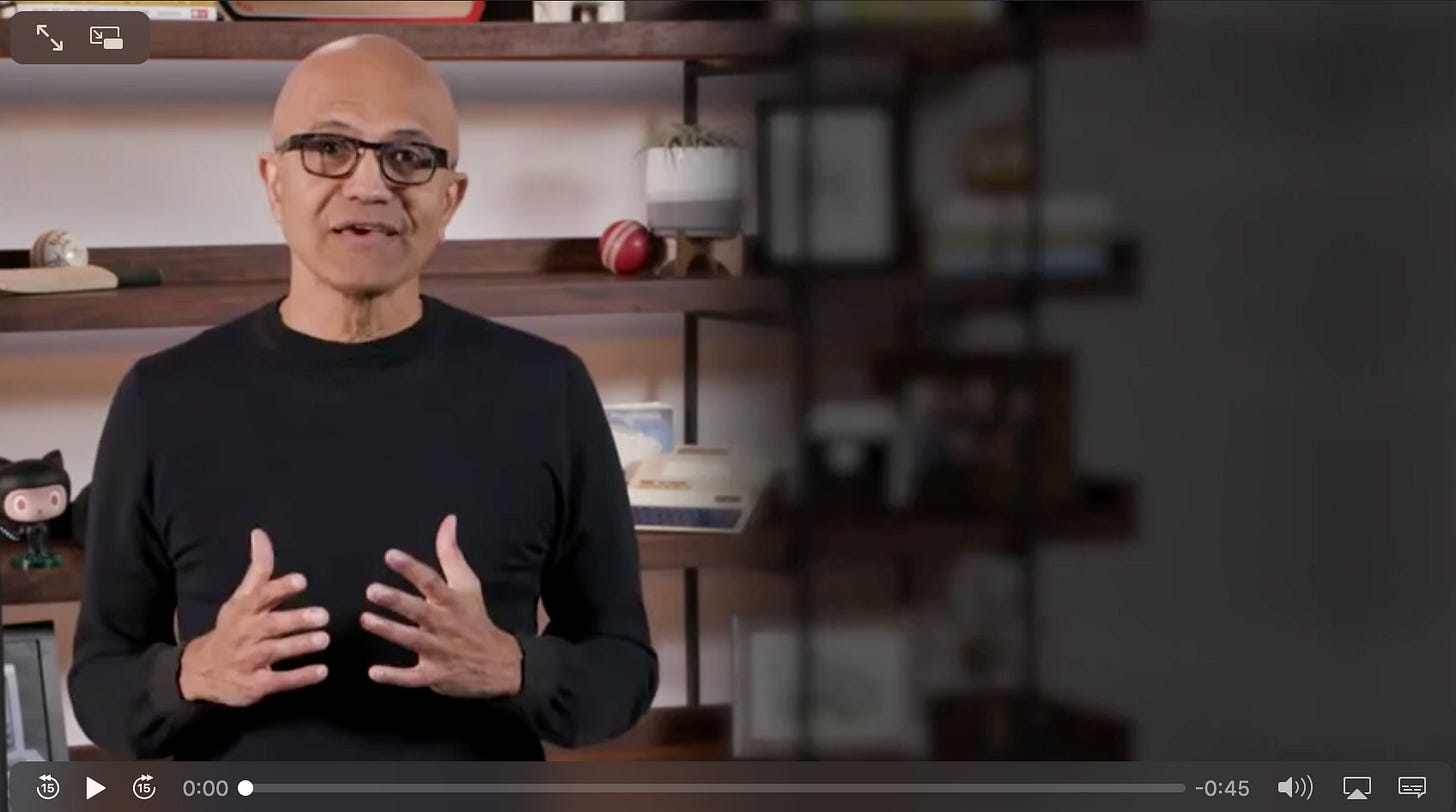
Read: The term “Metaverse” originates from Neal Stephenson’s 1992 book “Snow Crash.”
Good News
Twitter celebrated its 15th birthday on July 15. For those of us who use as an outstanding curator of interesting articles, this original description from the LA Times explains why we weren’t so quick to jump aboard. (Michael Beschloss)

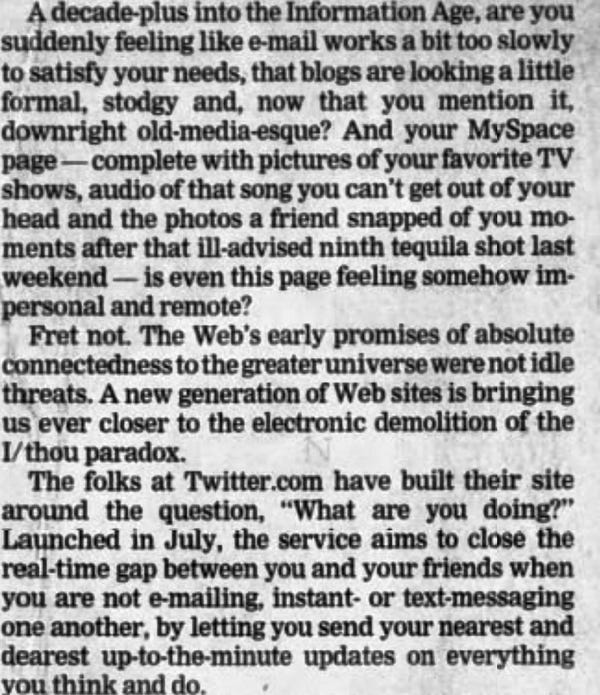
Thanks to the Rickroll, ‘Never Gonna Give You Up’ hits 1 billion YouTube plays: he song became a lasting part of internet culture thanks to the Rickroll meme and reached the impressive milestone a couple days ago. Astley took to the video’s comments to share his gratitude, saying “amazing, crazy, wonderful!” In a video posted to Instagram, he added “the world is a wonderful and beautiful place, and I am very lucky.” (The Verge)
Have a great Sunday! Subscribers support the creation of the newsletter, podcasts & live events.




